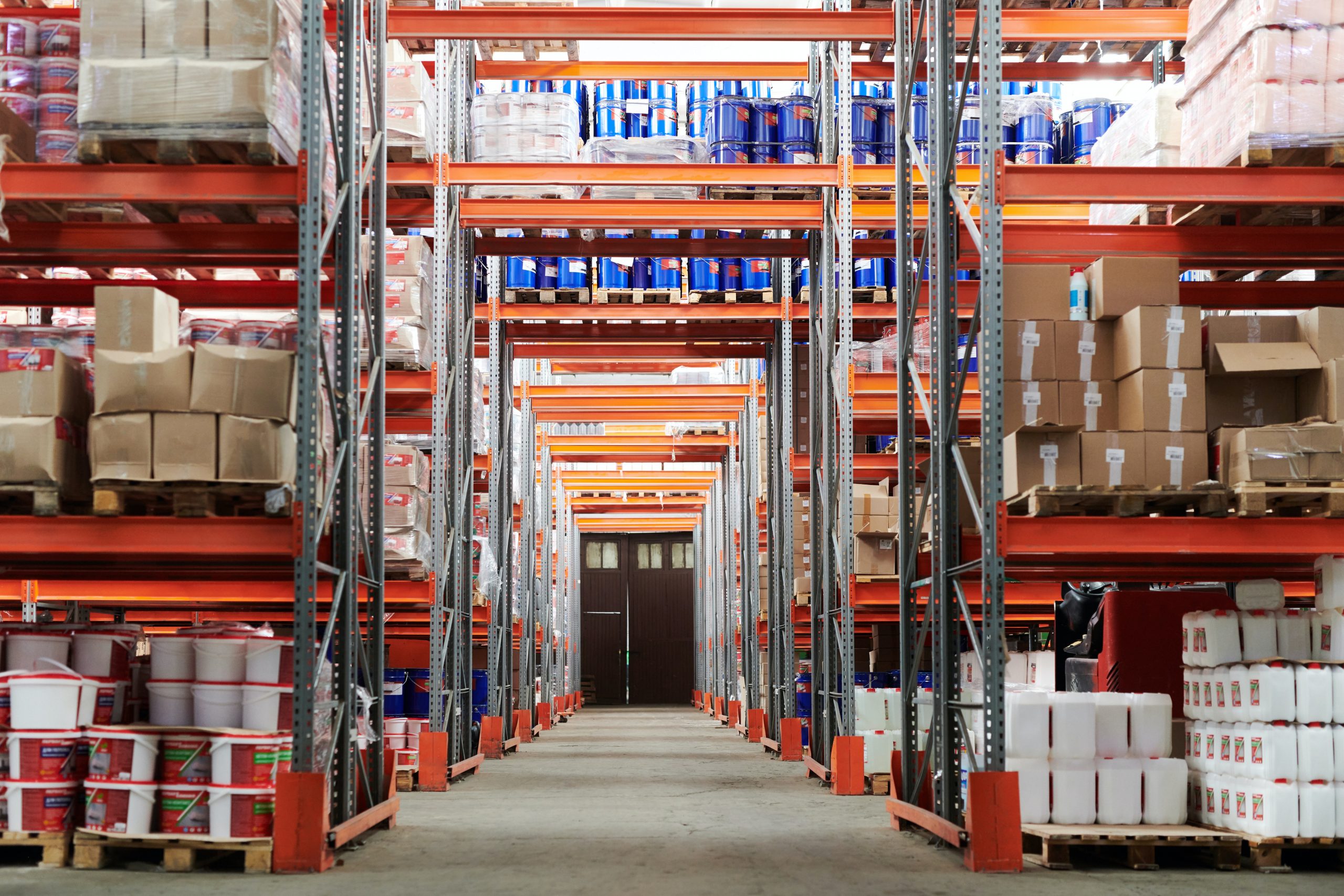Logistics Innovation that Business Owners Need to Know About (2022)
Effective logistics and supply chain management is key to a successful business. Luckily, there is constant innovation that makes logistics easier. As a business owner, when selecting a third-party logistics provider to partner with, you have to consider the technology that they are using and see if you can learn information about their plans to implement and utilize new innovations in the future.
Here are some of the top innovations that have sprung up or grown exponentially since 2021. These are important for all business owners to know and understand so that they can make knowledgeable decisions for their logistics operations.
Smart Lockers
Last-mile delivery has long been the trickiest aspect of logistics for many companies. It’s expensive, complicated, and comes with incredibly high expectations of free and fast delivery. However, there’s a new innovation meant for consumers that is making last-mile delivery easier for logistics companies.
Smart lockers are storage units that can be placed outdoors or in common areas that allow couriers to drop off packages in a secure location without a need for the consumer to be there. This benefits the person receiving the package because it frees up their time, reduces human contact, and disrupts porch pirates.
For the logistics industry, this has a huge benefit. Smart lockers eliminate failed first deliveries, which are a big extra cost for logistics operations. As these become more common you will have to worry about rescheduling deliveries less which will save time and money.
This innovation in logistics is huge because it helps everyone. Consumers have high expectations for delivery. Having a way to make it easier and more secure is only a plus. For businesses, the most complex and tedious aspect of the supply chain is streamlined.
Autonomous Trucks in Logistics
Self-driving vehicles appear to be the technology of the future. While they aren’t the standard yet, there are more and more appearing on the road. While most of the talk about autonomous vehicles discusses the impact they will have on regular people commuting to work or running errands, the logistics industry will see, and is already beginning to see, huge changes as a result of this new technology.
Here are a few benefits that come with autonomous freighting:
- With a shortage of drivers, this will allow trucking companies to keep up with demand.
- Computers allow these autonomous vehicles to be more efficient.
- Less workers means less pay. While this is a higher upfront cost, they will pay for themselves, and then some, in the long run; at least when they are more commonplace in the industry.
However, there are still some drawbacks:
- Liability issues are still something that needs to be settled. If something goes wrong with one of the trucks, there is no precedence for who is at fault.
- As companies transition into using more autonomous trucks, drivers will have to lose their jobs. Cutting jobs can benefit the workplace, at least in the short term, but it hurts the workforce. This can lead to issues for your business down the line.
- Security is a worry when it comes down to self-driving vehicles. Extra steps will have to be taken to ensure that hacking is near impossible. This means more costs for logistics companies.
This is still a very new piece of technology, and as it grows larger, we will have to consider how we utilize self-driving cars in a way that magnifies the benefits while minimizing the downsides.
The Internet of Things
The Internet of Things is changing our entire world, including logistics. So, what is the Internet of Things, or IoT? Thanks to advances in technology, devices can now connect with each other and share data via the internet. IoT is simply the connection of these items through the internet and sensors to work and communicate without the need for humans.
There are a ton of ways that the Internet of Things can be used to make logistics simple. So many that going through them all wouldn’t only justify it’s own blog, but a series of blogs. Instead, here are some of the key ways that IoT helps businesses by streamlining logistics:
- Using next-gen tech like 5G and encrypted blockchain databases, IoT enables your entire supply chain to get information immediately. This fosters efficiency and allows for quick and effective remediate action to be taken.
- Status updates become incredibly accurate, meaning points of delay or loss can easily be minimized.
- Data can be transmitted automatically given certain situations, allowing warnings to be given in certain situations where cargo is being transported dangerously and needs to be fixed or replaced.
Now, like most current tech, IoT takes time to implement. While there are some logistics companies who are implementing more and more IoT, it will take time. It is difficult to implement when balancing cost, waste, and time. There are many things to consider with IoT for logistics companies. As a business owner you should be aware of how your third-party logistics provider utilizes or plans to utilize IoT in the future.
Robots and Artificial Intelligence
Robots and artificial intelligence change the way that third-party logistics companies are run. There are two ways to use robots for logistics operations. One way is alongside workers. For these tasks, they make the jobs of the people easier. For other jobs, it is easier for robots to handle the tasks themselves. These lower the chances of mistakes occurring, speed up the process, and save costs.
Artificial intelligence is used in a few ways. One of these is with those robots! Robots with AI will perform better and can perform more complex tasks. AI is also used for data. All data is dynamic, and you don’t have time to sort through it all. Using artificial intelligence allows you to get cleaner data that is more useful to what you need. That means better forecasting and route planning. Using a third-party logistics provider that has AI integration or will be integrating AI is crucial for long-term efficient logistics.
Final Thoughts
When third-party logistics companies keep operating costs down the cost for you is lower and they can provide more effective services for you. Implementing the right technology is needed for this aspect of business.
While the newest tech has a great effect on operational efficiency, it takes a long time to get set up. Putting this in place is more complex than just wanting it, getting it, and putting it in place. Having the latest innovations is a process that has to be constantly managed. When searching for a 3PL company for you, be sure to speak with them about how they keep up with tech. A good third-party logistics provider will do everything to help your supply chain run smoothly.
















